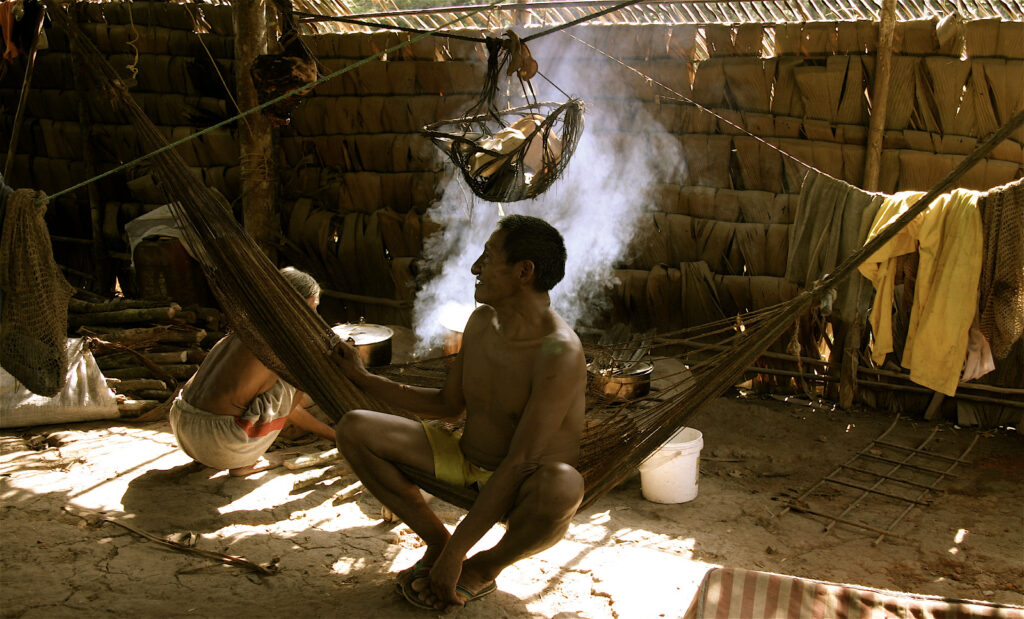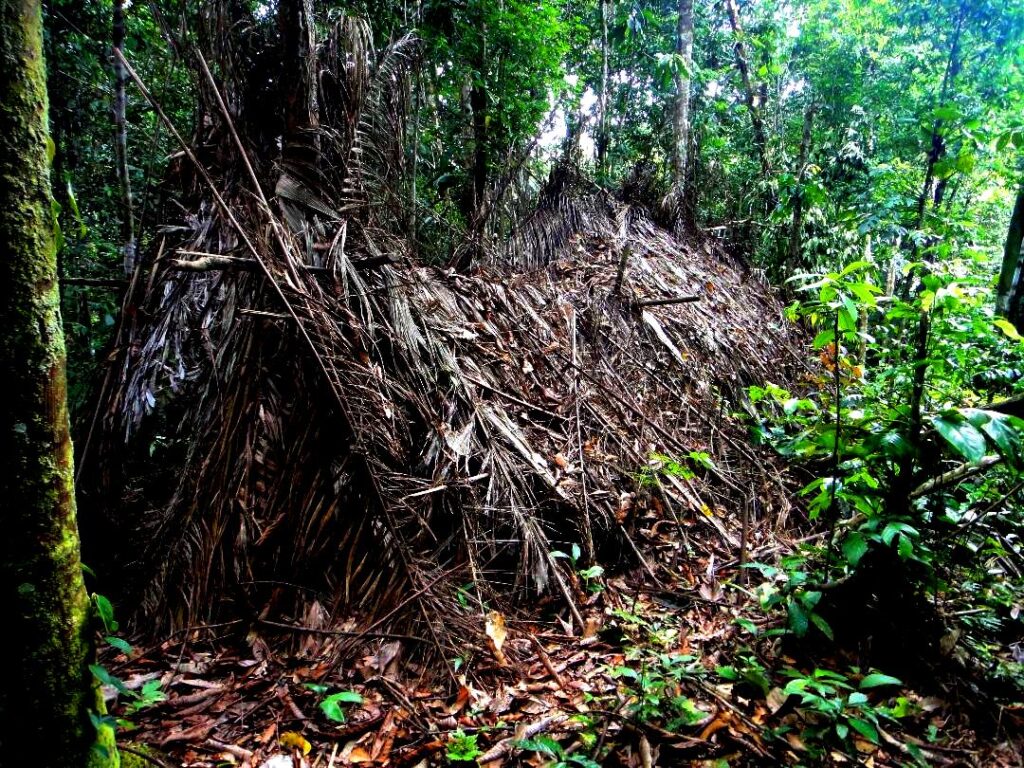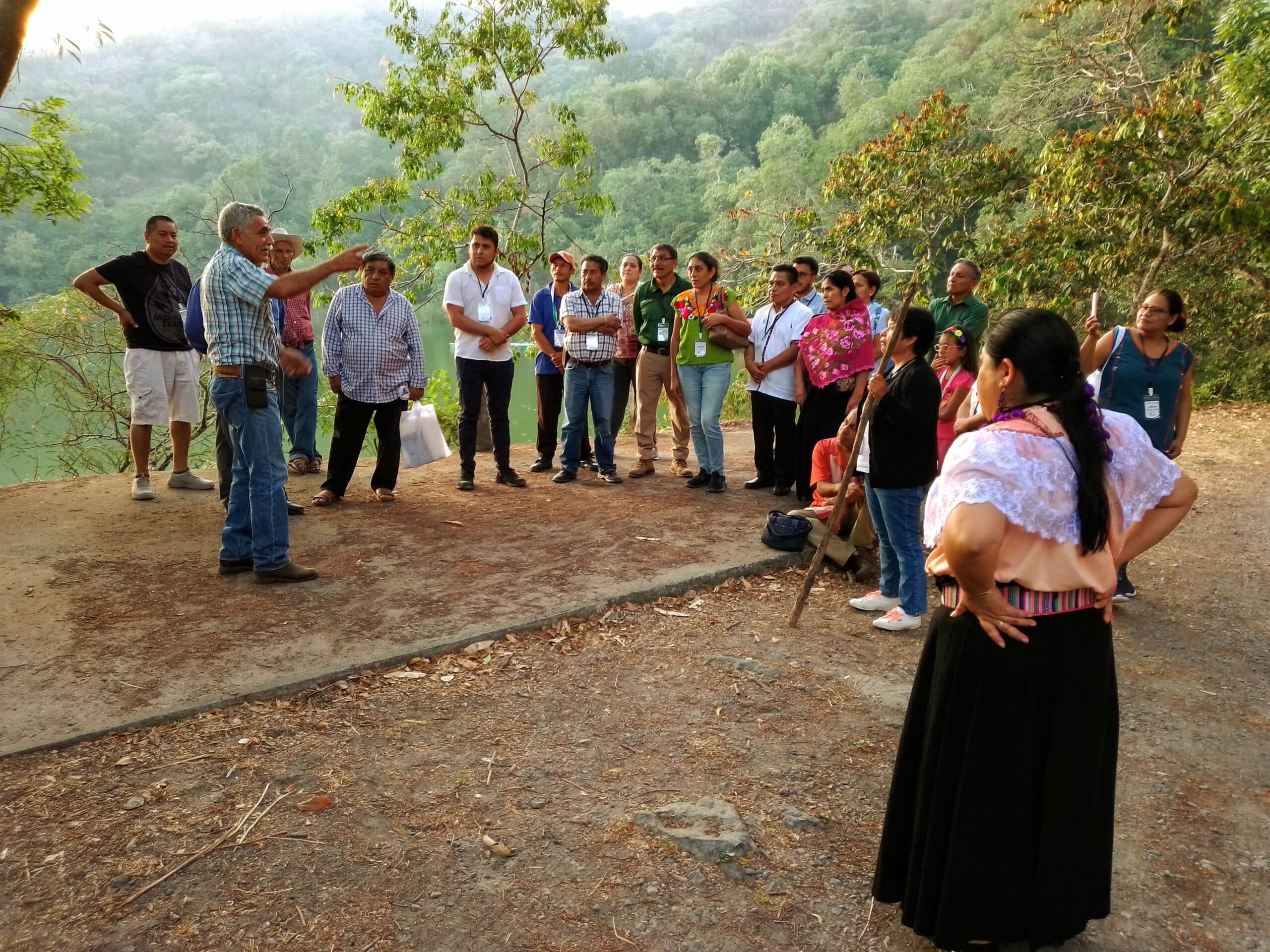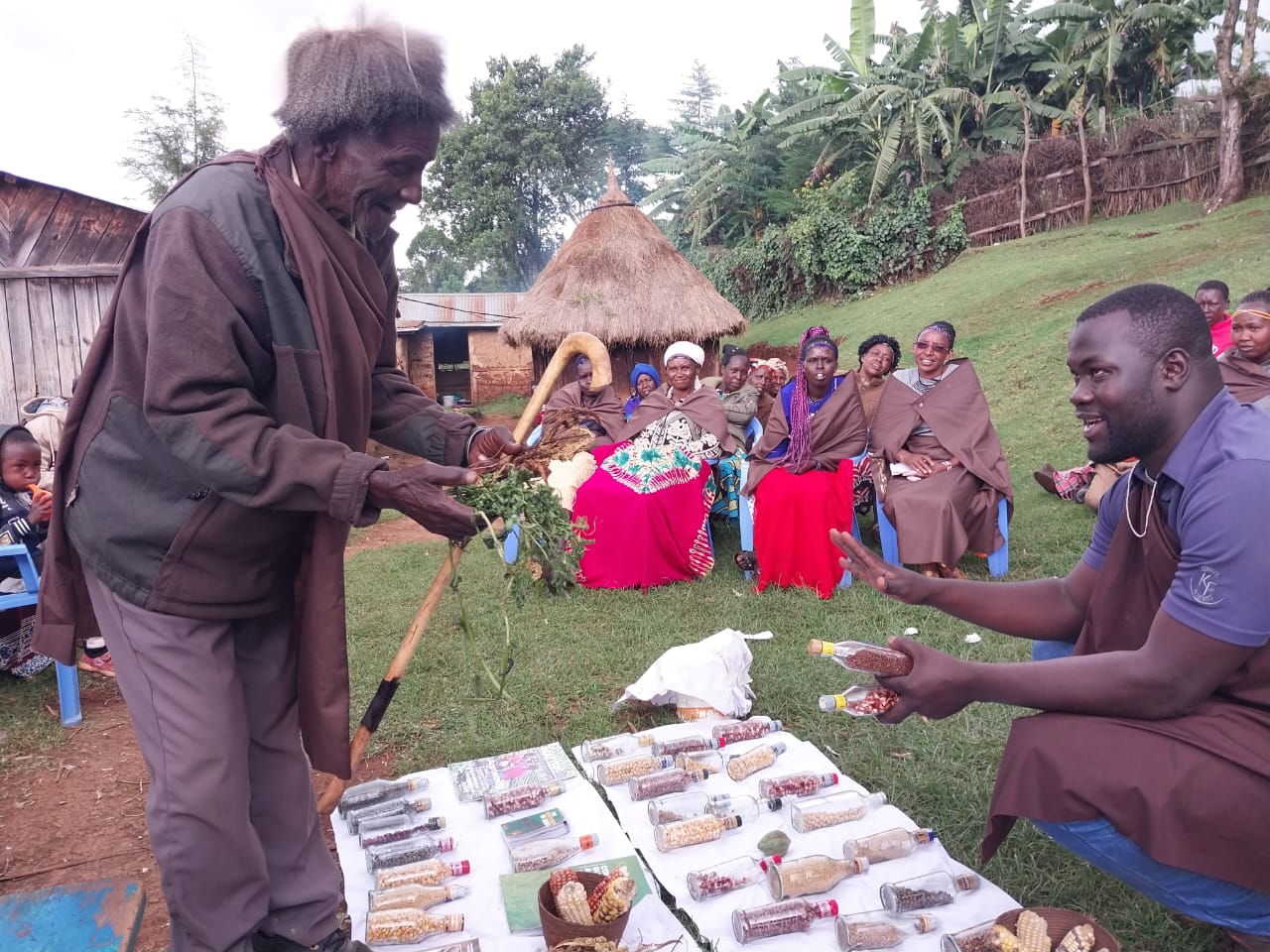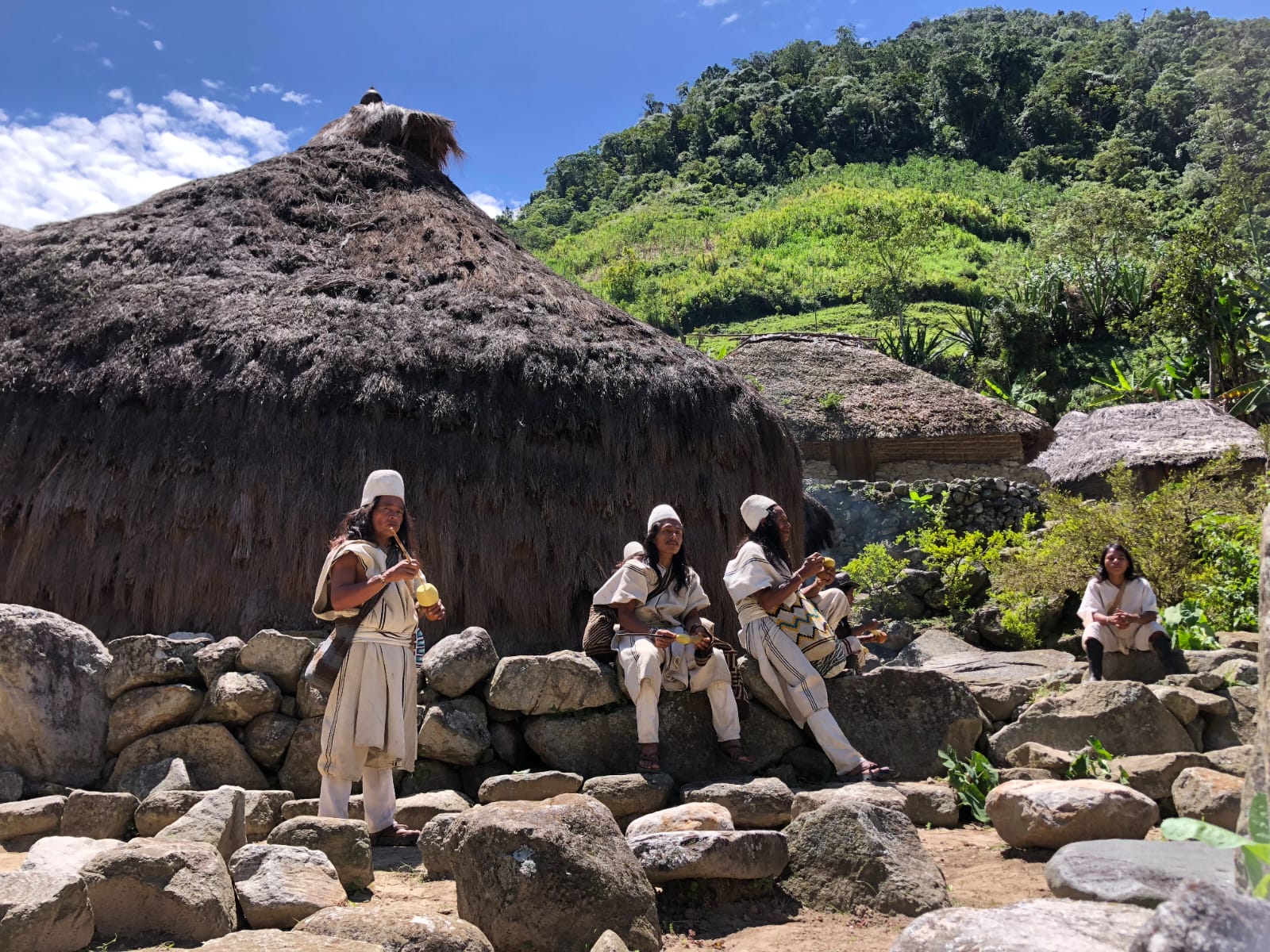Fifty one years have now transpired since the day, June 26, 1972, that Ecuadorian television viewers saw “the first oil barrel being filled with the country’s recently discovered ‘black gold’. It was the beginning of a so-called oil ‘boom’, which in 2023, now appears to be coming to an end. The old wells are no longer as productive as they were; and new reserves are not only increasingly difficult to find, they will almost certainly be located in areas close to Amazon protected areas, where the social and environmental costs of exploiting them will be so much greater.
Surprisingly perhaps, the problem is not simply one of supply. According to the forecasts of the International Energy Agency (IEA), in a few years we will reach the global demand high point, or so-called ‘Peak Oil‘, undoubtedly due to the changes brought about in Europe due to the war in Ukraine. From there demand is expected to keep falling.
It now appears that for Ecuador the eagerly awaited energy transition, necessary due to the pressing need to reduce carbon dioxide (CO2) emissions, and avoid an increase in the planet’s temperature, is now knocking on the door. A climate change that, it is worth mentioning, would put many people at risk, principally the most impoverished and marginalized sectors. The dilemma for the country is how to manage this energy and economic transition internally, and with no contingency plan in sight.
The situation is delicate, however, because the other side of the coin is a country where the formal employment rate barely reaches 3 out of 10 people of working age; and where, according to the World Bank, in 2022 GDP per capita reached only US$5,590, and where oil revenues form a substantial percentage of the national income. It is obvious, therefore, that stopping all oil production is not an immediate option, while at the same time it is essential to design and implement a post-oil policy in the medium term. The million dollar question, is whether political will to do so exists.
The Consultation on the Yasuní Park and oil.
The answer to the question is, no, at least for now. But with a popular consultation called for August 20th, 2023, the country is now facing the possibility of a turning point in its history of oil dependence. The current question posed is the same as the one raised in a frustrated 2013 plebiscite: whether the oil from oil Block 43, located to the northeast of the Yasuní National Park, one of the areas of greatest biodiversity on the planet, should be kept in the ground. A Yasuní, it is worth mentioning, that has been classified as a “Pleistocene refuge”, declared by Unesco as a World Biosphere Reserve, and is also home to peoples in voluntary isolation: the Tagaere, Taromenane and Dugakaere.
The consultation is – and always was – conceived as a turning point in the search for a post-oil future for Ecuador. It will also take place almost 10 years after the previous attempt to prevent exploitation of the same Block 43, an initiative that was clearly, and illegitimately undercut by the Constitutional Court of the time. Only a sustained campaign in the face of a highly politicized national institutional structure, and confrontations with a succession of governments, was able to persuade the current Constitutional Court to issue a favorable opinion for the second version of the referendum on May 9th of this year.
But while the question is identical, the political and economic conditions in which the consultation will take place are very different from those in play 10 years ago. The Block’s oil wells have been in operation since 2016, coming within meters of the buffer area of the Park’s Intangible Zone, where the previously mentioned isolated peoples live. Putting an end to oil extraction in Block 43 will consequently not only costs in terms of lost income, but also in terms of the removal of the infrastructure; which is one of the hottest points of the debate. But these costs are fixed, and no matter who wins the vote, will have to be paid, now or whenever the oil wells run dry.
In Yasuní National Park, the options that the country has are seen more clearly. On the one hand, is the already traditional policy of living off oil, which does offer the possibility of sustaining social security programs for the bulk of the population, which as the poverty rate testifies has not guaranteed them, and implies an active participation in the global climate crisis. On the other hand, there is the need for a post-oil policy focused on healthier ways of living, on the need to preserve biodiversity, to reduce the impacts of climate change – which, it should be noted, will affect the most unprotected segments of the population – and protect nomadic Indigenous Peoples who live in voluntary isolation.
Can the extermination of ‘peoples in isolation’ be avoided?
The aforementioned Intangible Zone, located meters from block 43, is an area of Yasuní National Park reserved for protecting and guaranteeing the conditions vital for the survival of Indigenous Peoples in Isolation and Initial Contact (PIACI). A development model based on the extraction of natural resources, which includes the infrastructure required to obtain the county’s ‘black gold’, clearly endangers Indigenous Peoples and those in voluntary isolation. The forest was their home long before the arrival of the colonizers and their extractive projects.
With more ecological awareness than in current times, on July 26, 1979 – and that with a military triumvirate in power –, the Yasuní National Park territory was established, which according to the Ministry of the Environment’s website implies “protecting this ecological zone of one or more ecosystems for present and future generations; excluding exploitation or occupation not linked to the protection of the area; and providing the basis for visitors to make spiritual, scientific use (of the area)”.
However, and always with the unfulfilled justification that “the area’s oil reserves will help us overcome poverty”, oil blocks 14, 16, 17, 31 y 43 (from 2014) were authorized. And the face of the Yasuní National Park was filled with black dots.
“Let us live as (the) Waorani want,” Alicia Cahuiya, herself Waorani, told the plenary session of legislators prior to the debate in the National Assembly of October 2013, when with 108 votes, they authorized the government of Rafael Correa to exploit the Yasuní ITT (Block 43) oil fields.
“There are seven companies (operating) in Waorani territory, but there are no benefits, there is more poverty (…) Respect the territory!” demanded Cahuiya, in front of a Legislature that would then cede another piece of territory to extractive projects. Cahuiya claimed the Waorani people no longer administered their ancestral lands, that these were in the hands of “people from another side” and that the peoples in voluntary isolation who live in the intangible zone, such as the Taromenane, are bi-national nomads (Ecuador -Peru). “The oil comes from where we live, and we disagree,” Cahuiya asserted, after denouncing that the “Waorani’s and Taromenane’s lives were in danger, (and that) we (the Indigenous People) have to be consulted.”
Oil activity, and all the infrastructure that it implies, also endangers their existence and their way of life. According to data provided by the environmental group ‘Yasunidos‘, 22 oils spills occurred between 2016 and 2022, making it difficult to believe that pumping oil does not affect the health of those living in, and adjacent to the Yasuní National Park? “Less than 1% of the total area of the park will be affected,” ex-president Rafael Correa assured, as if oil extraction could be clean and free of accidents.
José Proaño, Latin America Program Director for Land is Life, is clear about the dangers for Indigenous Peoples.
“’Civilizing’ activities transmit and disperse new diseases, he says, which are lethal because the PIACI do not have immunological defenses to protect them against the new threats. But that is not all. They also are at risk from extraction, forest fires, deforestation, the continuous advance of infrastructure works, while national governments have little interest in protecting them”, adding that the Ecuadorian State is presently facing legal action in the Inter-American Court of Human Rights (IACHR), for not having complied with the precautionary measures established by the Inter-American Commission on Human Rights designed to protect peoples in voluntary isolation from “projects that affect their territories, natural resources and way of life,”. Says Proaño, “It’s precisely this extractive pressure that was transformed into a fight for territory between the Tagaere and the Taromenane, and was one of the causes of the massacres of 2003, 2006 and 2013.”
Proaño adds that the north and west sides of the Intangible Zone are surrounded by oil installations and highways. To the south, on the Curaray River, the Zone adjoins other indigenous territories where conflict and threats are lesser. Towards the eastern side of the Park, in the border zone, illegal activities have intensified in recent years, while at the same time we have evidence that shows the enormous mobility of the PIACI outside the limits of the Intangible Zone, which in his opinion “confirm their use of territory”.
Some Amazonian Indigenous Peoples, such as the one represented by Cahuiya, have expressed their distrust of Western proposals. Others, such as the PIACI are not in a position to advocate for their rights. “This reality makes ensuring respect for their rights of particular importance. Given the impossibility of defending their own rights, States, international organizations, members of civil society, and other actors in the defense of human rights, are the ones who must ensure their human rights are respected.”, stipulates the Inter-American Commission on Human Rights (IACHR), in the 2013 document ‘Recommendations for full respect for the PIACI’.
When the disappearance of other worldviews, cultures and languages does not affect us, it is often said lightly that it is time for these isolated peoples to integrate. However, as the IACHR itself explains: “Contact with strangers and non-indigenous people is above all an affront to their worldview, to their way of understanding and interpreting the world that surrounds them. When contact is made, an entire system of beliefs, traditions and assumptions that have been taken for granted, and on which a way of life and culture has been based for hundreds of years, collapses irreversibly. If the contact occurs in a context of violence, as is often the case, their entire world becomes meaningless. As explained later, (…) this causes these beliefs and traditions to be lost as they are no longer transmitted to the younger generations, which may imply the disappearance of an entire human culture”.
A false dilemma?
Those who advocate continuing with the exploitation of Block 43, maintain that the country cannot be placed in position of the ‘false dilemma’ of having to choose between oil and nature, and instead highlight the substantial income that will be lost. “This represents 1.2 billion dollars a year for the national budget,” said a report from the national television channel Ecuavisa, prior to a debate on the Yasuní consultation. But the figure is disputed. For example, economist and former presidential candidate, Alberto Acosta, affirms that in reality the losses would amount to US$440 million a year, , which represents only 1% of the National Budget. It’s worth noting, however, that in any discussion about profits or losses related to crude oil, the values are always speculative, as they depend on the volatile international market.
Which brings us to another point: i.e. whether the issue of leaving the Block 43 oil in the ground is simply about economics. Surely it is not. While income is clearly important in general terms, to place the main emphasis on the fact that losses would be minimal if the Yes were to win, is to suggest that if the price of oil were higher and the loss consequently greater, then perhaps there would be nothing much to debate. So full steam ahead. What is at stake here is not only the profit or loss column, but the need to protect the lives of isolated Indigenous Peoples, and equally important, to plan for a post oil future.
It should be added that the ‘black gold’ that has become the life raft of the national economy, has never solved the country’s economic problems (according to the World Bank, the country’s poverty rate at the end of 2022 was almost 30%.), not even those of its own making. In mid-July 2023, the Amazonian provinces drivers’ unions went on strike in protest against the deplorable state of the roads that connect the region’s cities to the major mountain cities, including the capital Quito. Currently, given their desperate condition there are routes they prefer to avoid.
As for those who believe the entire country will starve if the Block 43 oil fields stop producing, it is important to remind them that oil from the area represents a meager 1% of the total State budget. And, as has been shown during the last five decades, that the country has lost more in tax exemptions for large economic groups, repairs to damaged or obsolete infrastructure, and environmental remediation, than what would be lost if pumping oil comes to an end.
Meanwhile, even within the most recalcitrant political right there are sectors that are aware that oil reserves are declining, and that it is necessary to look for alternatives to fossil fuels. But their short-term attitude is typified by Guillermo Lasso, the current President of the country, who asserted on May 24, 2022, that “now that the global trend is to abandon fossil fuels, the time has come to extract every last drop profit from our oil.”
It is consequently legitimate to ask whether, given the ever closer obsolescence of the oil market, rather insisting on business as usual, whether the most logical thing would not be to seek a change in the productive matrix, and the sooner the better?
In the panel “Exploring new opportunities for development”, organized by the Simón Bolívar Andean University, Adrián Martínez, from the Ruta del Clima organization in Costa Rica, – a country that a few years ago bet on ecotourism and tourism – explained something that may be obvious: “The situation in Latin America is critical, we are exposed to a capitalism that does not respond to our needs, we need a transition process that is fair and planned. It is imperative that State policy reflect these needs, especially when the current economic model does not work”.
A NO victory would have dire consequences
In the end, and in a context in which national politicians have not proposed a clear and considered option for exiting the primary oil-export model, the popular consultation on Yasuní Block 43 offers the public an opportunity to tell the authorities that it no longer wants ‘business as usual’. What is needed, despite the difficulties involved – and the fact that a YES victory will clearly not ‘save Yasuní’, as the most optimistic claim – is to move quickly towards a post-oil future, with social and ecological justice. Nothing else will do. And as if it needs mentioning, a victory for NO will have truly dire consequences, opening the door to more exploration and extraction in the most sensitive areas of the Ecuadorian Amazon.
Photos: Land is Life

